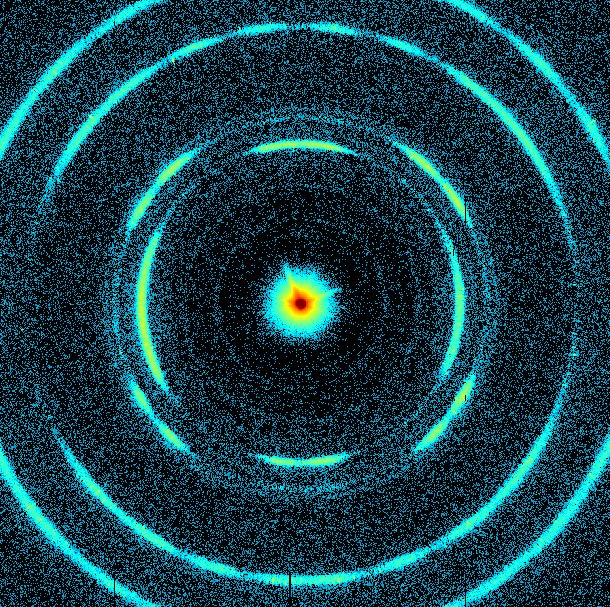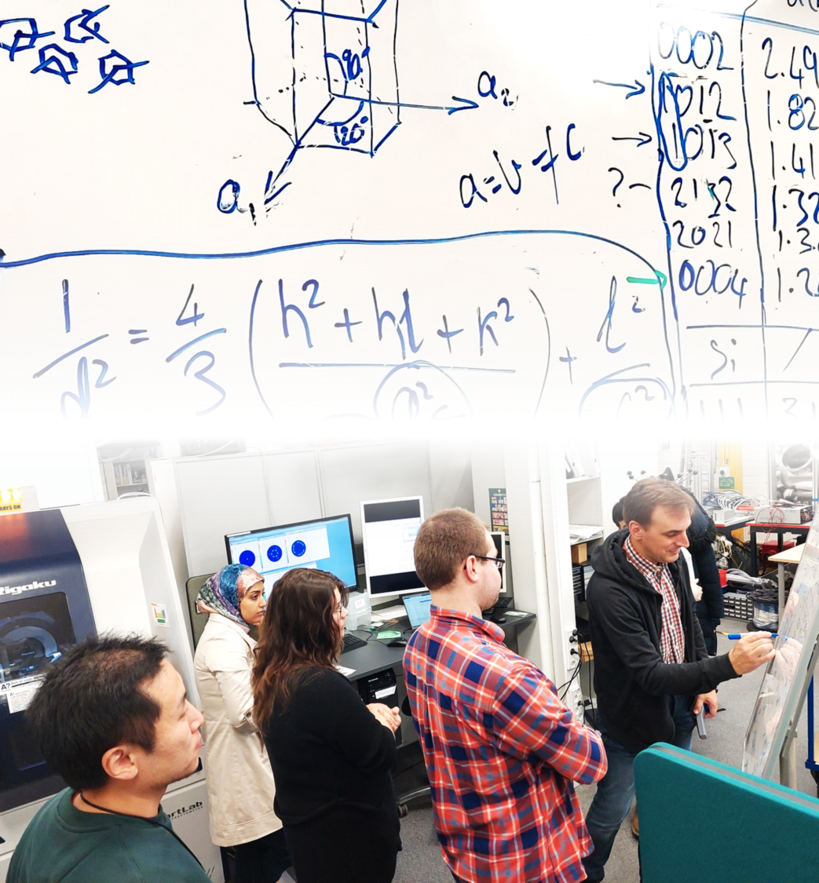
LEARNING OUTCOMES
Credits: 3
Schedule: 24.10.2023 - 08.12.2023
Teacher in charge (valid for whole curriculum period):
Teacher in charge (applies in this implementation): Ville Liljeström
Contact information for the course (applies in this implementation):
 Zhongpeng Lyu, zhongpeng.lyu@aalto.fi
Zhongpeng Lyu, zhongpeng.lyu@aalto.fi
Ville Liljeström, ville.liljestrom@aalto.fi
CEFR level (valid for whole curriculum period):
Language of instruction and studies (applies in this implementation):
Teaching language: English. Languages of study attainment: English
CONTENT, ASSESSMENT AND WORKLOAD
Content
applies in this implementation
In this course, you will meet a group of researchers experienced in X-ray scattering methods for materials study. You will acquire fundamental knowledge as well as hands-on experiences in X-ray scattering techniques, which can have a positive impact on your research.
Teachers: Zhongpeng Lyu, Ville Liljeström, Glenn Ross, Paavo Penttilä
Content and goals:
Outline of the course
This course is aimed for doctoral students and MSc students. The course is also aimed for students outside the Department of Applied Physics at Aalto and does not require advanced studies in Physics. However, a course in structure of matter, materials physics, or similar is a prerequisite.
The maximum number of students is limited to 15. Participants are accepted to the course based on the order of registration (first come, first served).
The course introduces the basics of elastic X-ray scattering methods and during dedicated lectures/demonstrations the focus is on a few conventional frequently applied methods that are available at Aalto University. Teaching/learning activities include lectures, hands-on demonstrations, and project work. Lectures are organized in class. The discussed topics a wide range of materials studied in physical science.
The evaluation criteria (pass/fail) is based on participating and activity during teaching sessions (30 %), project work activity and outcome (30 %), exam (40 %). Participating to lectures (in site) and demonstrations (on site) is required for passing the course. Justified absence (max 25 %) can be accepted.
Intended learning outcomes (ILO):
- The student masters the basic definitions and terminology relevant for X-ray scattering and can make use of these in real experimental work, for example when estimating optimum experimental conditions for an X-ray scattering experiment.
- The student can judge which materials properties can be studied using X-ray scattering methods.
- The student is familiar with the common X-ray scattering methods and can distinguish which X-ray scattering method is appropriate for a specified materials characterization task.
- The student can critically judge the results published by others.
- The student can plan an X-ray scattering experiment to be carried out together with technical support.
Preliminary knowledge:
A course in structure of matter, materials physics, or similar is a prerequisite.
Workload
applies in this implementation
DETAILS
Study Material
applies in this implementation
Course literature:
The course literature is covered by the lecture notes and other material distributed on the lectures.
Substitutes for Courses
valid for whole curriculum period:
Prerequisites
valid for whole curriculum period:
FURTHER INFORMATION
Details on the schedule
applies in this implementation
Lectures:
Tuesdays 13:15-15:00 during weeks 43, 44, 45, 46, 47, 48, i.e.: 24.10., 31.10., 7.11., 14.11., 21.11., and 28.11.
Hands-on demonstrations during weeks 44, 46, 47, 48. Demonstrations are 2 h sessions that are organized in groups of max 5 students. The detailed schedule of the demonstrations will be decided after the course has started.
